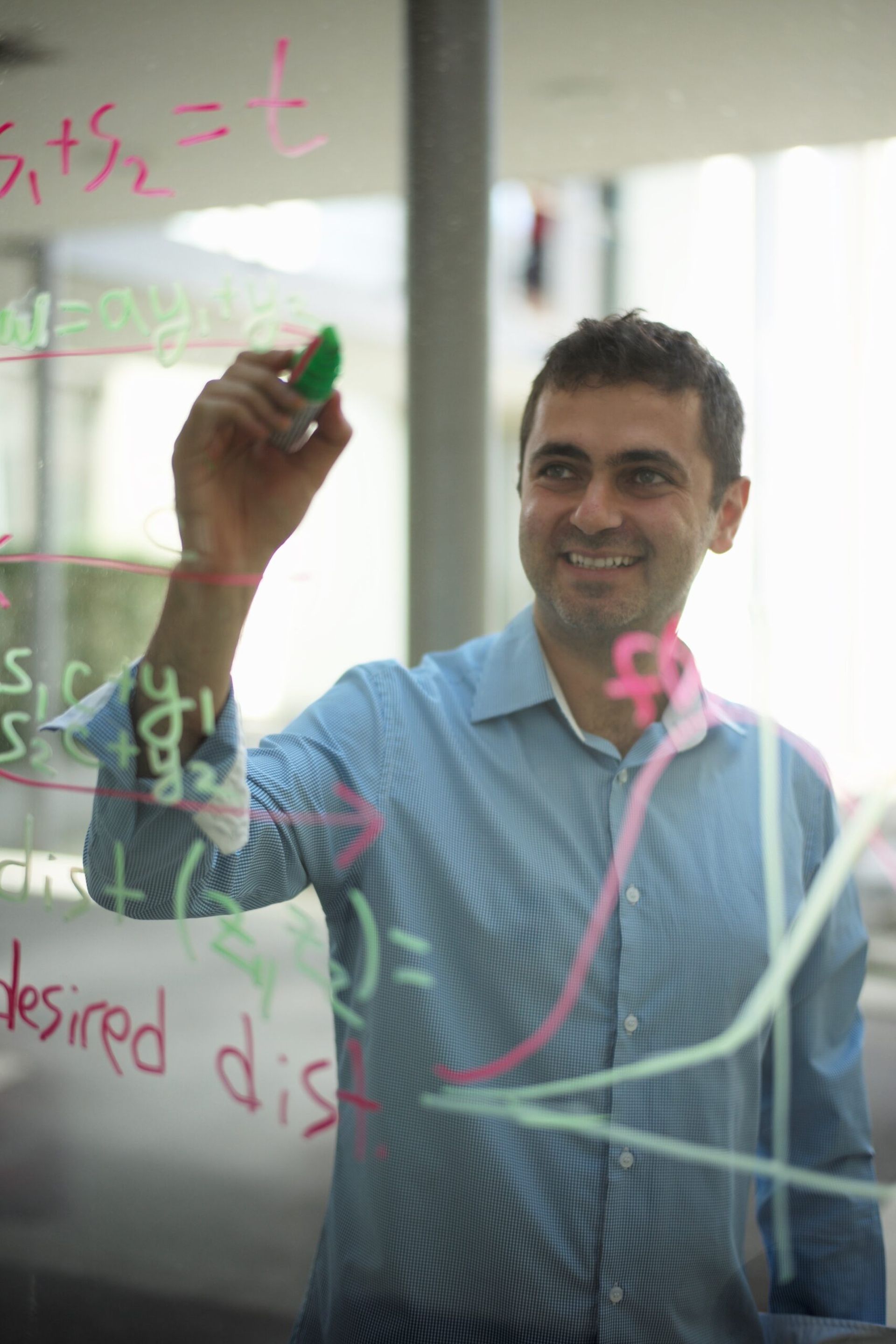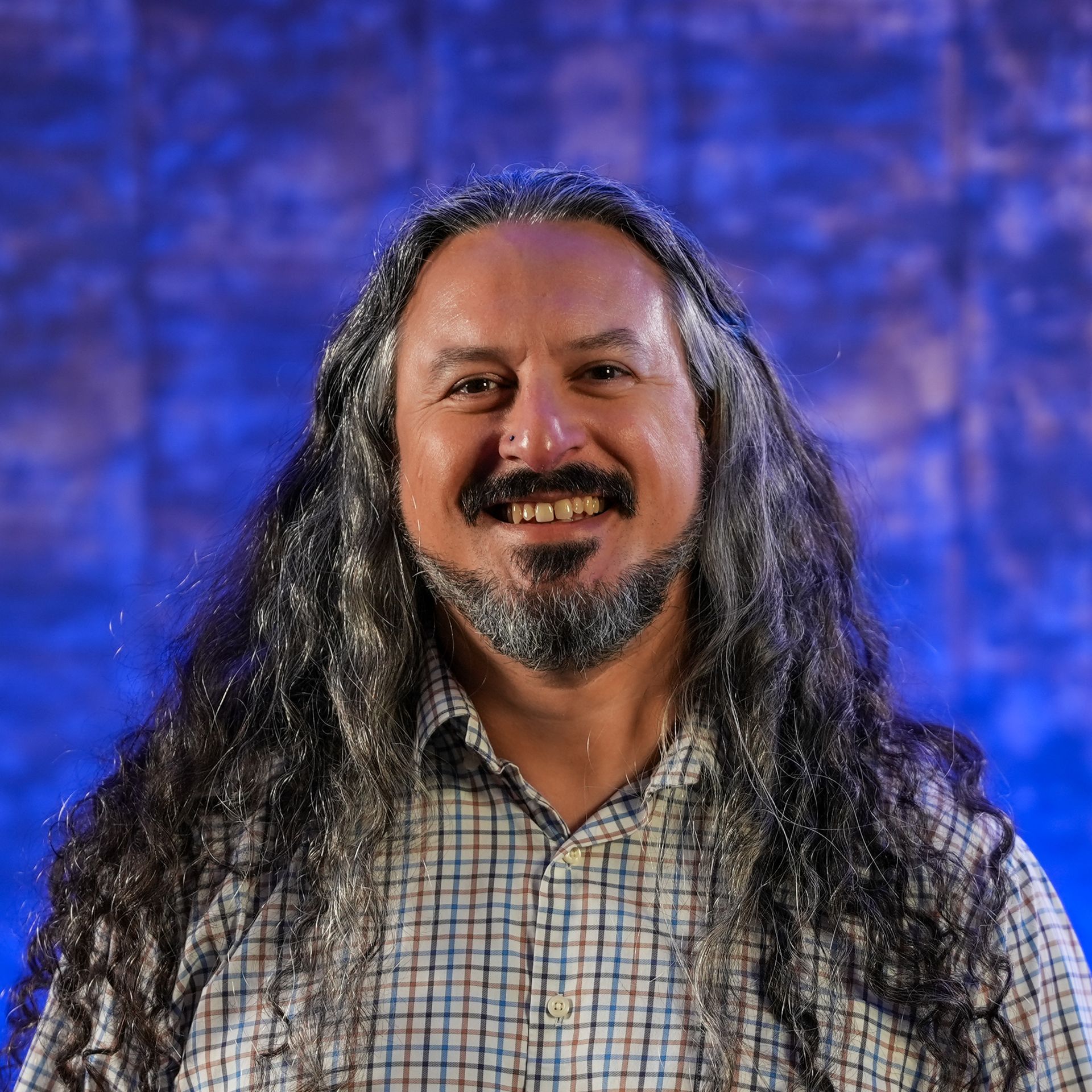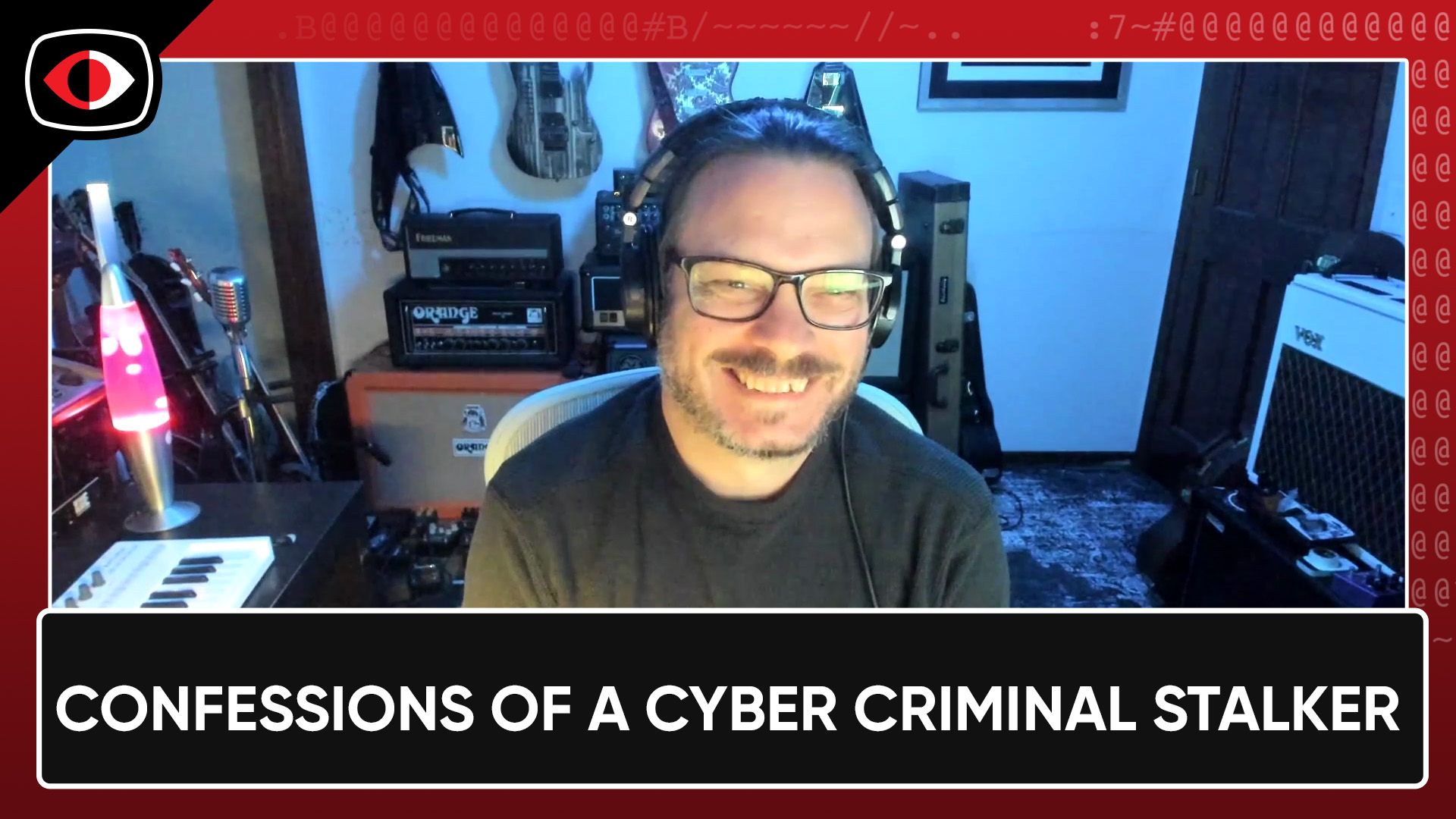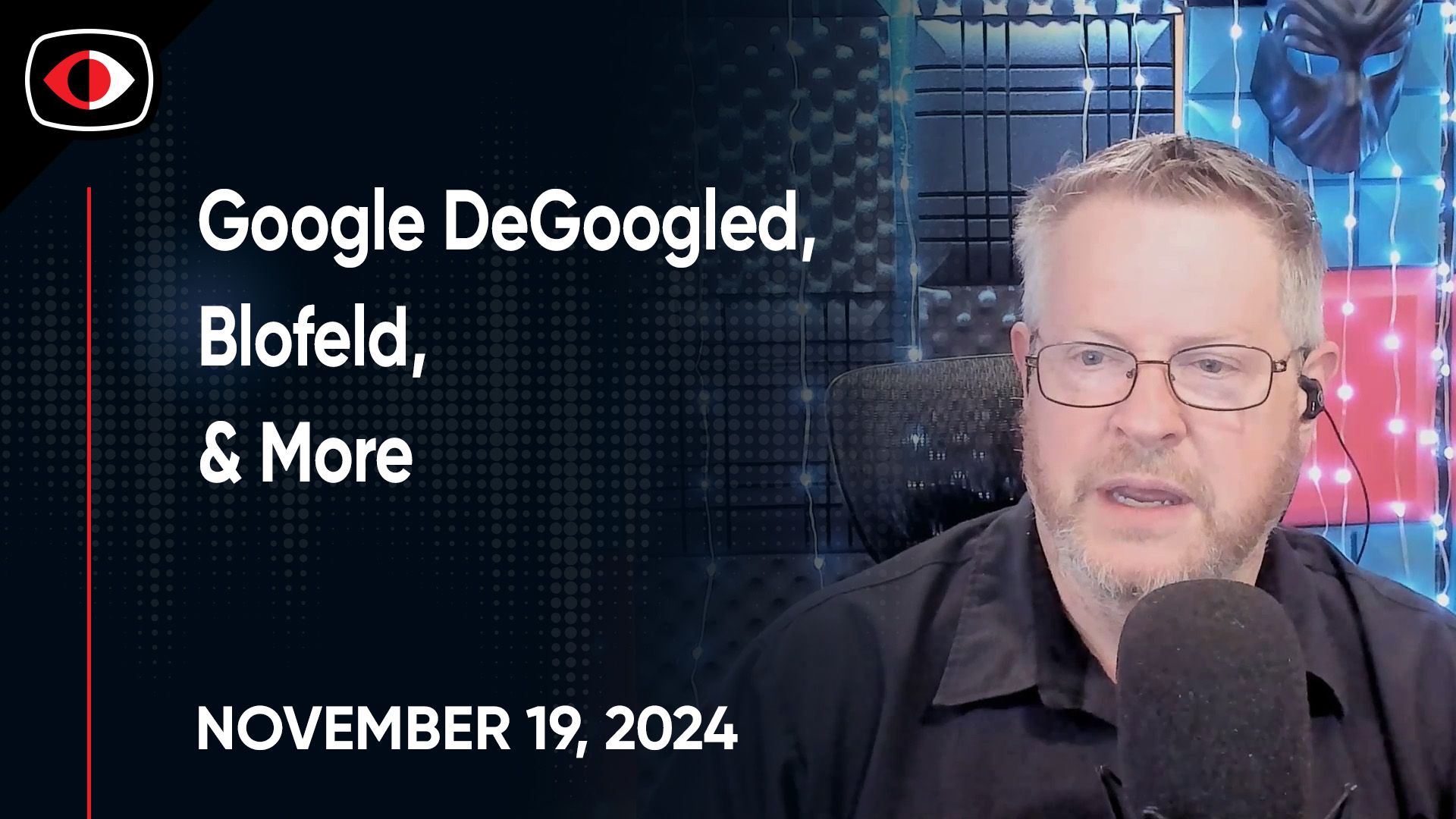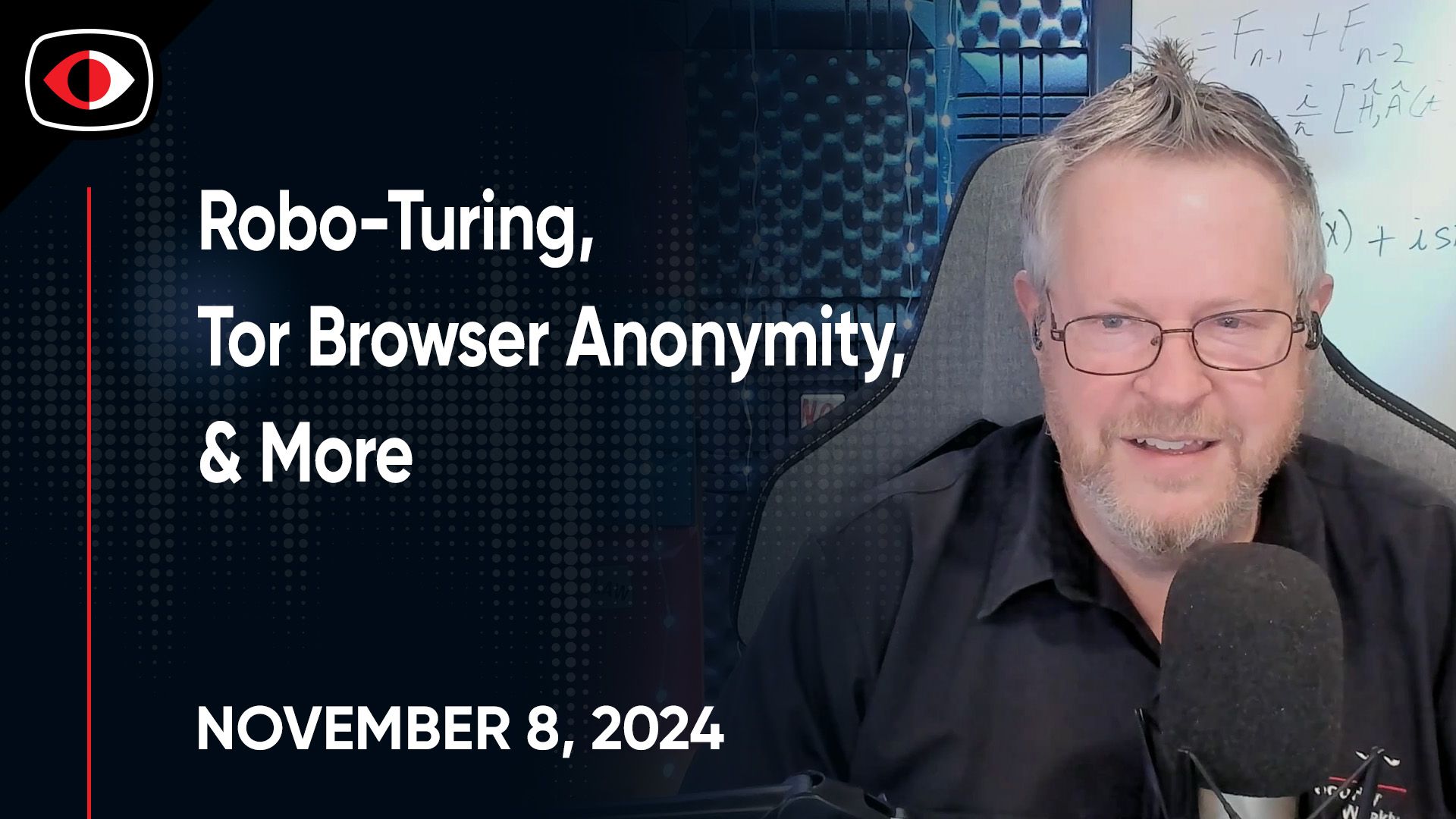How to Make the World Quantum Safe – Vadim Lyubashevsky – ESW Vault
Full Audio
View Show IndexSegments
1. How to Make the World Quantum Safe – Vadim Lyubashevsky – ESW Vault
Check out this episode from the ESW Vault, hand picked by main host Adrian Sanabria! This episode was initially published on April 21 2023.
Quantum computers are scaling rapidly. Soon, they will be powerful enough to solve previously unsolvable problems. But they come with a global challenge: fully-realized quantum computers will be able to break some of the most widely-used security protocols in the world. Dr. Vadim Lyubashevsky will discuss how quantum-safe cryptography protects against this potential future.
Segment Resources:
IBM Quantum Safe: https://www.ibm.com/quantum/quantum-safe IBM scientists help develop NIST’s quantum-safe standards: https://research.ibm.com/blog/nist-quantum-safe-protocols Government and industry experts recommend moving to quantum-safe cryptography: https://research.ibm.com/blog/economist-quantum-safe-replay
Guest
Dr. Vadim Lyubashevsky is a cryptographer in the security group at IBM Research Europe in Zurich, where he has worked since 2015. From 2010-2015, he was an Inria researcher (chargé de recherche) in the crypto group at the École Normale Supérieure in Paris, and prior to that, a post-doc in the Foundations of Computing group at Tel-Aviv University (hosted by Oded Regev) from 2008 – 2010. He received his Ph.D. from the University of California, San Diego (advised by Daniele Micciancio) in 2008.
His research focus is on designing efficient cryptographic protocols based on the hardness of lattice problems. In particular, he works on the foundations of practical lattice encryption, digital signatures, and currently works in zero-knowledge and various privacy-preserving primitives. This research was in part supported by an ERC starting research grant FELICITY (Foundations of Efficient Lattice Cryptography, 2015 – 2020) and is currently supported by an ERC consolidator grant PLAZA (Post-Quantum Lattice-Based Zero-Knowledge, 2021 – 2026).

